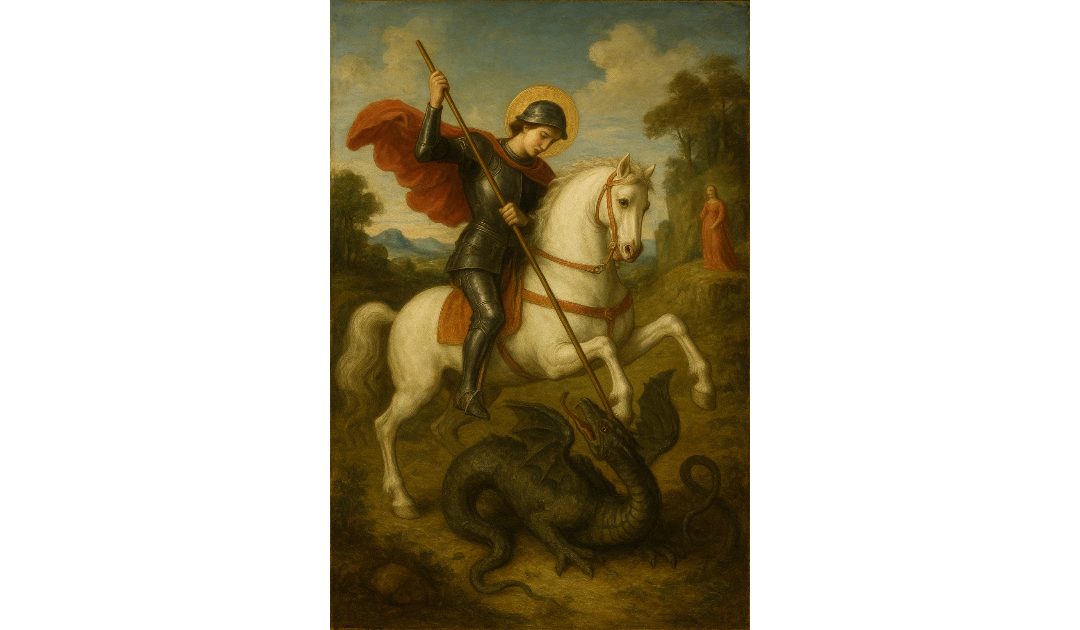I’m currently reading John Le Carré’s George Smiley series, in order. Writers are readers too, and although there’s little similarity between Elizabethan and Cold War tradecraft, at a human level the spies are essentially the same.
There isn’t much more I can do with The Favourite Murder until Claire finishes reading the second draft. I’ve prepared a synopsis, and I’m looking forward to hearing what my fellow writers at Milktown Writers think of it. I have a short story, Murder at the Thirteenth, which I intend to enter in the CWA’s Margery Allingham Short Strory Competition when it opens in the autumn. I have also written a piece called Finding the Theme, which I have submitted to the editor of the CWA’s newsletter, Red Herrings. He said that he’ll publish it in the September edition, if he can.
Anyway, back to George Smiley. I have just finished The Spy Who Came in from the Cold. It was his third book. The first two were: Call for the Dead, and, A Murder of Quality. You probably haven’t heard of them, neither had I. They didn’t sell particularly well, although they are very good. The Spy Who Came in from the Cold was a bestseller, and then came the film starring Richard Burton. So what was special about the third book?
When I took the Open University Creative Writing course, the score for my first assignment was 67% or thereabouts. The score for my second assignment was around 88%, I think. I entered that assignment in a short story competition and it was published in Something Hidden. The difference was that between the assignments I had read The Seven Basic Plots by Christopher Booker.
Overcoming the Monster is the first basic plot. Every James Bond book is about Bond defeating Blofeld, Goldfinger, or another similar monster. However there is another level of overcoming the monster which is when the monster is our main character, whether written in first or third person. When our hero is the monster, that is not to say that our hero is evil, it is simply that he or she is separated from humanity in some way. They think more of themselves than of their fellow humans.
My short story, There Must be More, is written in the first person. The hero is flawed and ambitious. He is seeking a contract for a new power station in Delhi when there is an earthquake. He is torn between continuing to his key business meeting and helping search for survivors. He chooses the latter and in that moment overcomes the monster within. Without wishing to spoil The Spy Who Came in from the Cold for you, if you haven’t read it yet, that is what made it a best seller. It connects with the reader at a personal level, no, at a human level.
I’m just about to start The Looking Glass War, the fourth book in the George Smiley series. The fifth book is Tinker Tailor Soldier Spy. I’m not expecting The Looking Glass War to be quite as powerful as The Spy Who Came in from the Cold, but we shall see.

